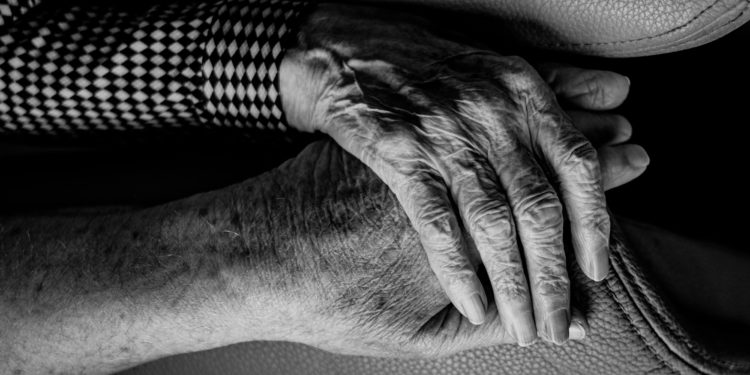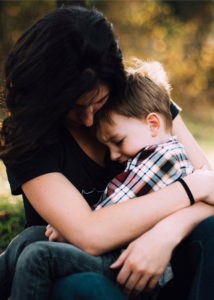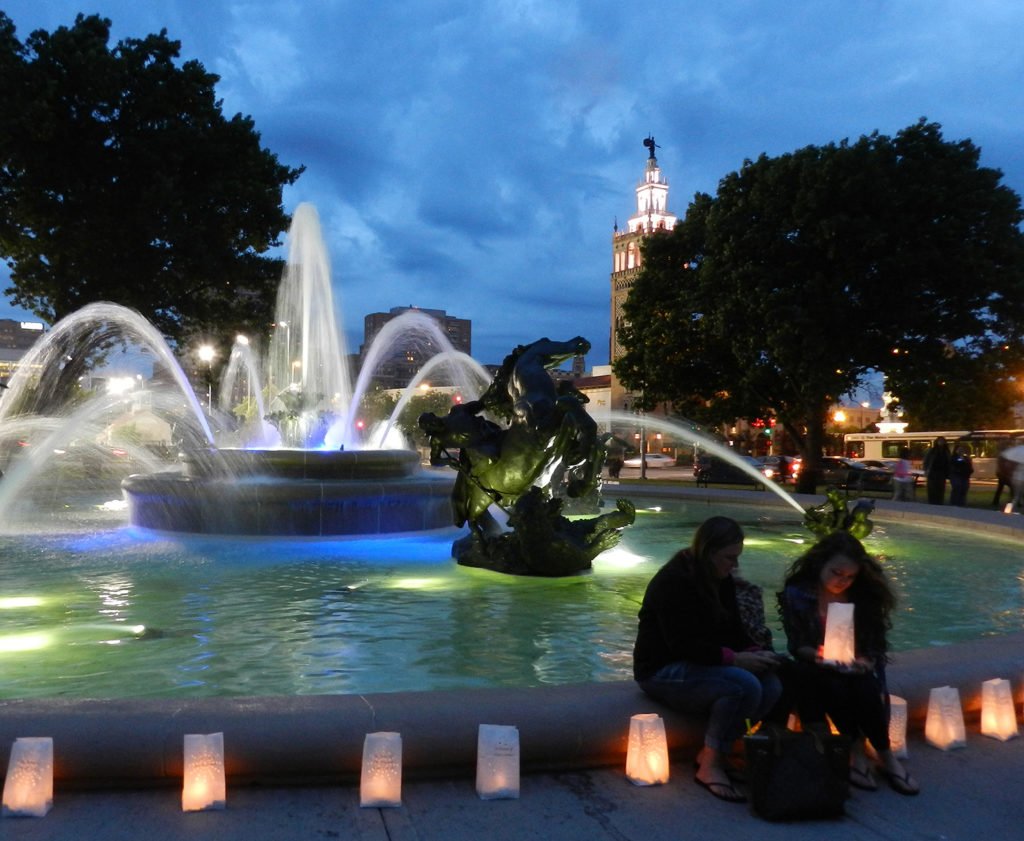Peace of Mind to Focus on What Matters Most

Hospice and palliative care providers often hear families say they wish they had known about hospice sooner. Some share they thought it was only for the last days or weeks of life, as a way to help people die, others thought it wasn’t for them because it would mean giving up on their loved one and denying them the healthcare they had been receiving. After experiencing hospice, they learn neither of these are true. Almost everyone says they had no idea there were so many options for care within hospice and palliative care, and such an array of services offered.
As providers, we want families to know how to access services earlier and what the many benefits of doing so are for their loved one and their whole family. These benefits include expert medical care to relieve symptoms and alleviate pain, which are important to patient comfort and quality of life. Supportive services provide peace of mind and relieve families of the pressures of family caregiving so they can focus on what matters most, enjoying their remaining time together and creating new memories to carry them through the grief and healing journey.

Comfort and support provide a path to healing.
A component of hospice care that is perhaps most overlooked by those who have yet to experience it, is bereavement care. This is true not only because hospice is a subject avoided throughout most of our lives, but because as a society we tend to shy away from talking about mental health and grief. The loss of a loved one is something every one of us will experience in life, and grief will be something we all must face, but we don’t have to face it alone. The need for professional support after the death of a loved one is so important, in fact, that it is recognized by the Centers for Medicare & Medicaid Services (CMS) as a core component of hospice. For mission-based nonprofit providers like Kansas City Hospice & Palliative Care, quality and comprehensive bereavement services are a top priority alongside healthcare and support services provided within the hospice model of care.
Support when you need it
Gaining a better understanding of what hospice bereavement includes can help alleviate uncertainty about engaging with this component of care, when the time eventually comes that families will need it. The most important thing to know is that, as with all aspects of hospice, you have choices in bereavement care. The first thing your family’s hospice nurse case manager will share is the availability of anticipatory grief support. This is available as soon as your loved one begins hospice, and helps the whole family express their feelings and anticipate emotions that will come once their loved one has died. Chaplains, Social Workers and Grief Support Specialists can provide anticipatory grief support, which may also include identifying and addressing any unresolved issues or talking through past sources of conflict or trauma. Working through these issues and emotions with your loved one while they are still alive is healing for everyone. It can help someone at the end of life feel ready to move on and can give family members resolution and bonding to help them as they grieve the death of their loved one.
Grief looks different for everyone, has different forms and stages, and there are different approaches to meet people where they are in their grief journey. In addition to anticipatory grief, hospice providers offer comprehensive grief support services as part of the hospice benefit for family members for up to 13 months following the death of a loved one. Although there are minimum requirements set by CMS, hospice bereavement programs can vary in scope between providers. This is another reason to educate families about the availability of bereavement care so they can be equipped to ask about it when comparing hospice providers.
At Kansas City Hospice, our hospice bereavement program is comprehensive, with a range of options to meet people where they are across different comfort levels. We provide written, mailed and emailed grief support articles and resources to all families on our service. We also provide grief support community groups and workshops on topics including Sorting Through your loved ones belongings, The Grief Journey, Cooking for One, Coping with Loss During the Holidays; book clubs and presentations by regional experts in loss and grief; and an annual Circle of Lights Ceremony of Remembrance for anyone in the community who wishes to remember someone no longer with us. For each of our families, we also offer the opportunity to receive 1:1 or family support from a Grief Support Specialist. Very recently, I had a conversation with a woman who shared that the two or three conversations she had with her KCH Grief Support Specialist in the year following her father’s death were “life-changing” in how they allowed her to not only cope with her own grief, but support her grieving son who lost his beloved grandpa.

Grieving children often need specialized support.
Growing around grief
Children often need more intensive and specialized support after the death of a family member, especially if they lost a sibling, parent or other caregiver. For these families, Kansas City Hospice offers facilitated peer grief support groups, individual grief support, and mental health therapy through our Solace House Center for Grief and Healing. Grief doesn’t look the same for everyone, and those with family trauma, unresolved conflict, children, those experiencing complicated grief or facing other challenges need specialized support. What’s important to know is that grief is a universal human experience, and difficult emotions following and even leading up to the death of a loved one are normal, as is needing support.
It’s often said that grief is a journey, something you learn to live with rather than learn to get over. While your grief may not shrink, you grow around it as a person. I was reminded of this recently when a colleague shared a story of a family who started participating in grief support services while their daughter was receiving care from Carousel, Kansas City Hospice’s pediatric hospice program. As a mother, and someone who has experienced loss firsthand, the death of a child feels unsurvivable. But as she told the story of this mother, her husband and son who, after their daughter’s death, went on to receive bereavement support before joining a peer support group at Solace House – something they still participate in today six years later – I realized with the right support, we all have the ability to find peace of mind even through the experience of loss. Just as hospice provides dignity to each patient and honors them for the unique individuals they are, grief support respects each family member in their own personal path to healing.

Circle of Lights gives the community a way to remember loved ones.






